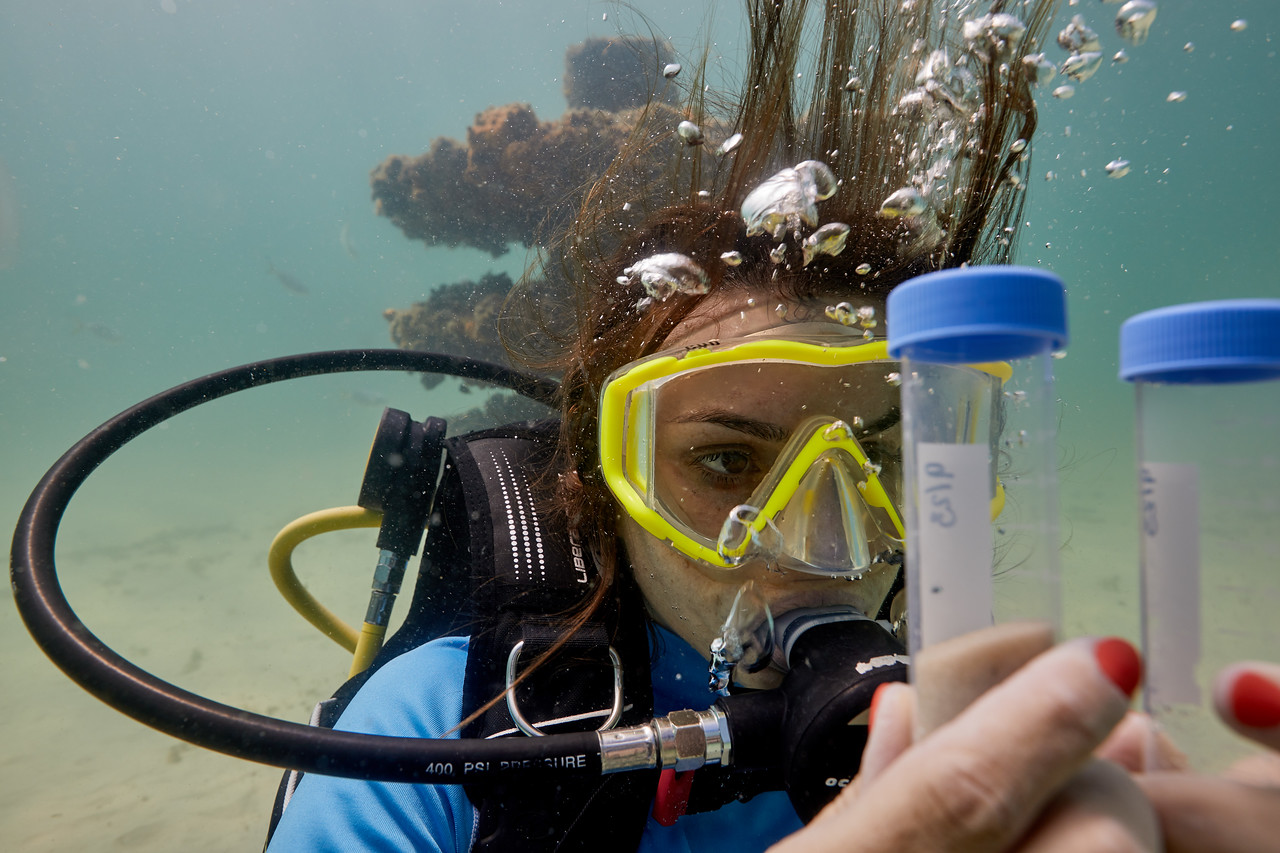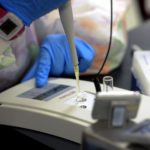Summer research programs provide competitive student experiences in STEM
University of West Florida students are conducting research this summer on campus and academic institutions around the globe through two Hal Marcus College of Science and Engineering programs.

The Research Experience Away Program, which is in its second year, provides students with stipends up to $7,500 each to help offset travel expenses.
During the summer semester, 21 students in the Hal Marcus College of Science and Engineering are traveling for research experiences. Eight students’ trips are supported by either donor funds or grants, while 13 students’ trips are supported by the host institutions they are attending under the Research Experiences for Undergraduates programs, said Dr. Michael Huggins, dean of the college.
“Students who receive this opportunity are able to prepare for their career by learning through firsthand experiences in established research institutions,” Huggins said.
To qualify for the Research Experience Away Program, students achieved a 3.0 or higher GPA in a science, technology, engineering or mathematics degree program. In addition, the program required students to have a minimum of one semester of research experience at UWF and documented acceptance into a research program or laboratory at another research university, research center or other similar institution. They must also continue as a UWF student for a minimum of one additional semester after their research-away experience.
Huggins said the launch of the program last year raised awareness among students regarding the opportunity to travel and conduct research.
“The programs provide experiences to enhance a student’s resume and document research that they’ve completed at prestigious research institutions,” Huggins said. “It sets them apart when applying for graduate schools and jobs.”
Tyler Mitchell, a senior majoring in environmental science, works at Yellowstone National Park as part of a research group that will gather data on tree rings and analyze them in a laboratory. He said some of the most prolific tree-ring scientists in the country and dendrochronologists with the U.S. Forest Service will serve as his instructors.
“The experience will definitely be useful for my future as I have already been accepted to a dendroecology laboratory for my graduate studies at the University of North Carolina at Greensboro,” Mitchell said. “Becoming well-versed with the field and lab methods of tree-ring science will allow me to enter my graduate lab with valuable experience. My ultimate career path after pursuing a Ph.D. is to work as a research forester for the U.S. Forest Service, and receiving training from the best professors and forest service professionals will refine the skills required to excel after my studies are complete.”
Additionally, private donations and grants totaling more than $200,000 support 81 students’ research in the Hal Marcus College of Science and Engineering’s Summer Undergraduate Research Program. Students are being supported by grants awards from agencies such as the National Science Foundation, the National Institutes of Health and NASA.
To apply for the Undergraduate Research Program, students submitted formal applications, including a research project proposal and statement of personal and professional objectives. The 81 students are paid $2,500 each to work 20-25 hours per week in a UWF research lab with a faculty mentor.
Research projects are clustered in the following areas: biological and biomedical, coastal and marine studies, curriculum development and evaluation, data science and informatics, intelligent systems, and material and molecular science.
Nathaniel Reyes, a senior in the computer science program, focuses on research geared toward improving potential security weaknesses of wearable devices, such as Fitbits and Misfits, by performing cyberattacks on those devices.
“In the attack, we use a variety of tools to trigger the release and intercept private data from a wearable device and then apply machine learning techniques on the captured data to track fitness activities of the users,” said Dr. Thomas Reichherzer, an assistant professor in the UWF Department of Computer Science and Reyes’ faculty mentor on the project. “We did a pilot study last spring and published a paper on this particular research. Nathaniel’s summer research focuses on repeating the study with a larger group of individuals.”
The 10-12 week program in the Hal Marcus College of Science and Engineering receives external gifts and grants to allow students to work on research projects under the supervision of UWF faculty mentors. The program provides students with hands-on experiences that extend beyond the classroom.
“It’s giving the students out-of-the-classroom experience that they need in order to be competitive in their careers,” Huggins said. “In the STEM world, you must have hands-on experiences. This program ensures that our students gain those experiences.”
For more information about the Research Experience Away Program, visit uwf/reap. For more information about the Summer Undergraduate Research Program, visit uwf/surp.


